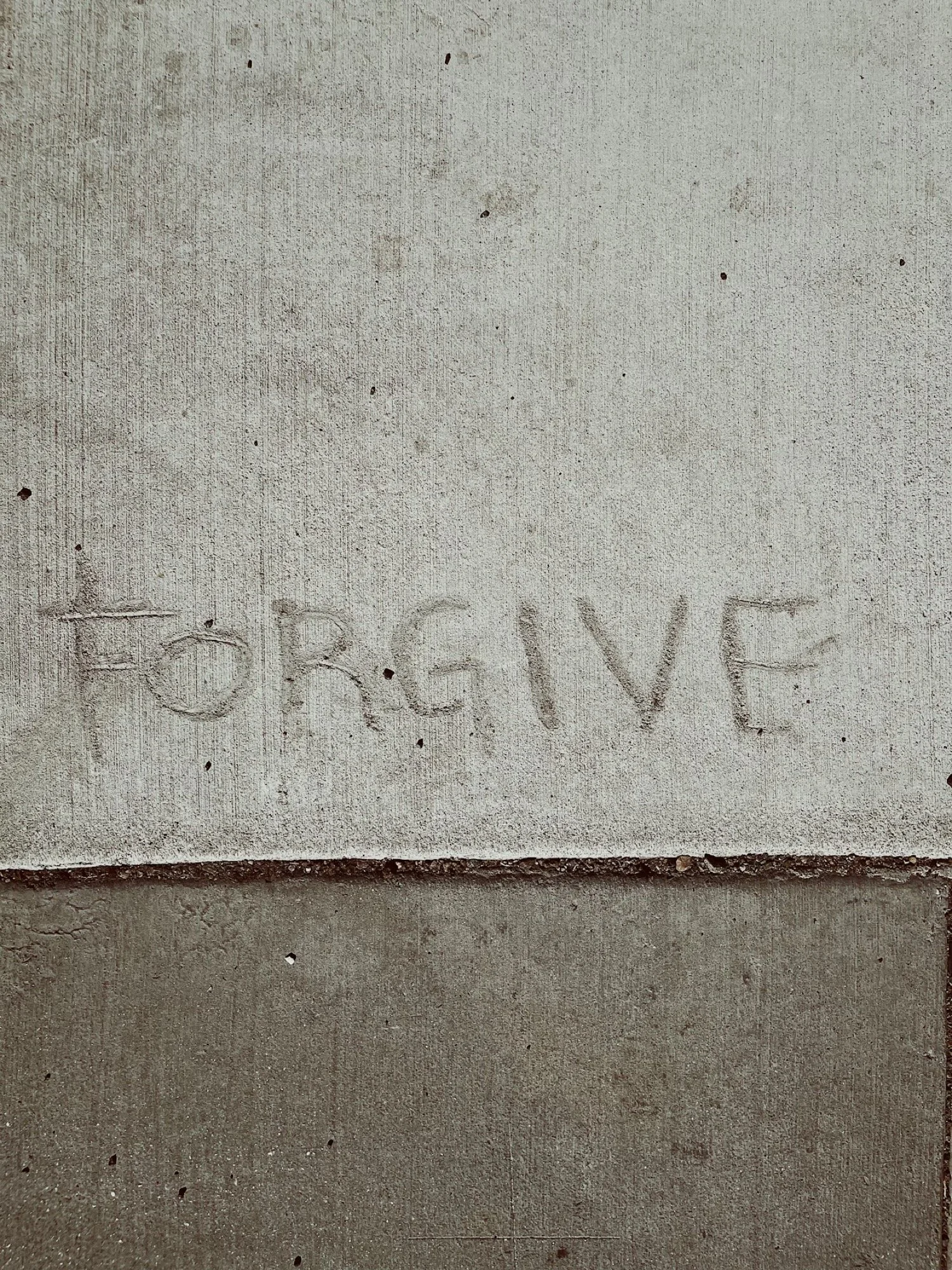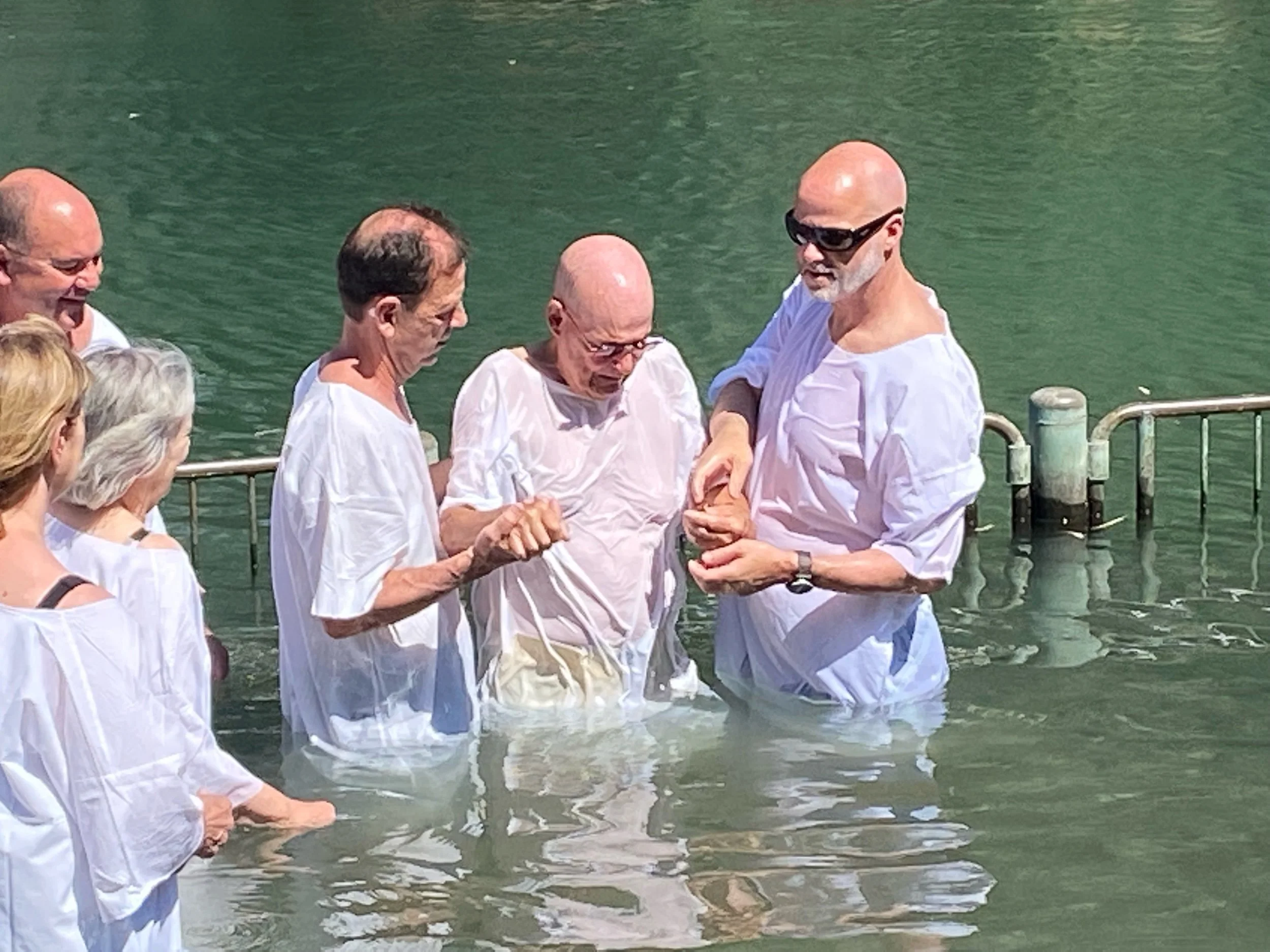Readings for today: Nehemiah 11-13, Psalms 126
This past weekend, the church I serve held its annual “Celebrate Missions Weekend.” It’s a powerful time where we focus on not only celebrating what God has done over the last year through our many mission partners around the world but also look forward to the day when the great task of evangelism and mission will be finished. The gospel taken to every nation. Jesus preached in every language to every people group. There is no better feeling than accomplishing a great task for God. It could be the planting of a new church. Building a new church building. Launching an evangelistic crusade. Starting a medical clinic in an impoverished area. Building wells to give people access to clean water. Teaching people how to plant gardens to provide food security. We heard about all these things and more over the course of our time together and that’s why we celebrate. We want to honor and praise God for all He has done in and through us. I imagine the nation of Israel felt similarly when they finally finished the wall.
Completing the wall would have meant so much to them. First and foremost, it would have pointed them to the faithfulness of God. God is the one who made this happen. God is the one who laid it on the heart of Nehemiah to build the wall. God is the one who moved the heart of the pagan emperor to provide materials and resources. God is the one who protected them from their enemies along the way. Second, completing the wall would’ve signified safety and security. Now the people could build their homes and businesses without fear. Now they could begin to plan for their future. Now they could rebuild their city and reclaim their national identity. Third, completing the wall would have sent a signal to all their enemies. No longer would Israel be a doormat. No longer would they be an easy mark. No longer would they be at their mercy. The wall was a powerful symbol in addition to being a physical monument.
Now consider your own life. Consider the great things God has called you to. Consider the great plans God has for you. Consider all God wants to accomplish through you. Does anything come to mind? Can you look back and see some of the milestones you’ve hit along the way? If not, I encourage you to seek the Lord. Ask Him to show you what He wants you to do for Him. All of us have a calling on our life. All of us have a God-sized plan for our life. Something only God Himself can accomplish in and through us. Perhaps you know what God wants you to do but you’ve hesitated to take that step of faith. Don’t hold back! Don’t wait any longer! Step into the future God has for you! Perhaps you find yourself right in the middle of God’s plan. Perhaps you’re feeling stretched beyond your resources. Perhaps you’re coming to the end of your strength. These can be great signs that you are right where God wants you. Keep pressing in. Keep wading in. Keep it going. God is with you! He who began this great work in and through you will bring it to completion!
Readings for tomorrow: Psalms 106, John 1:4-14




